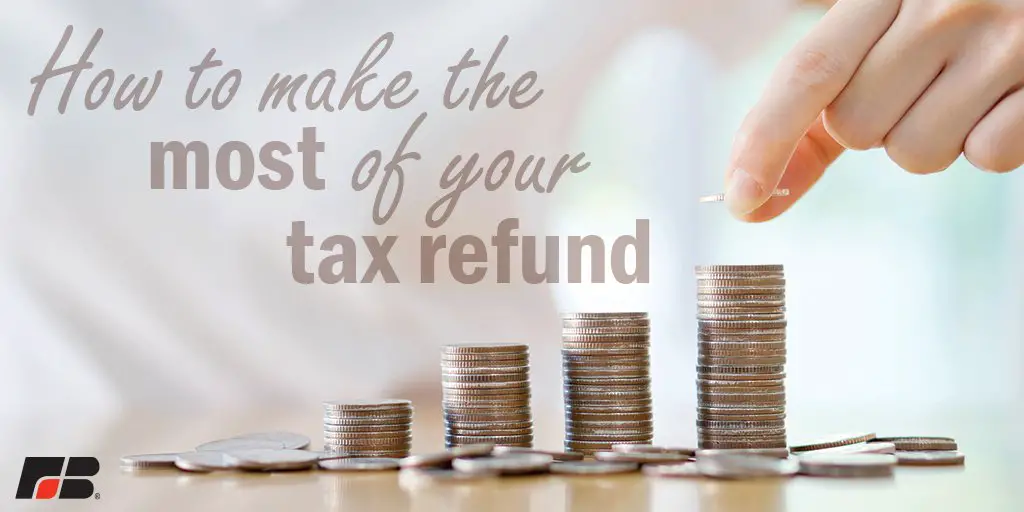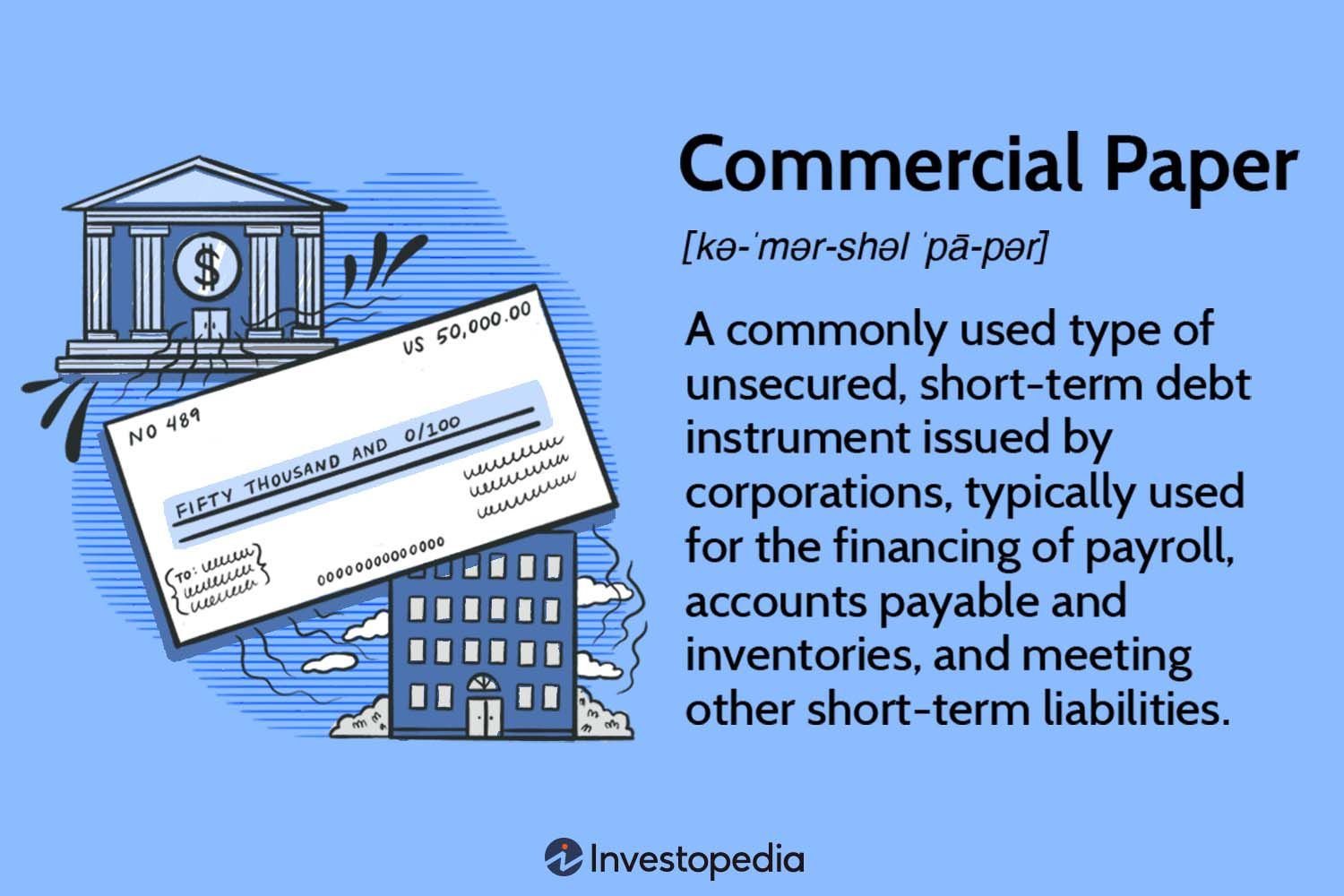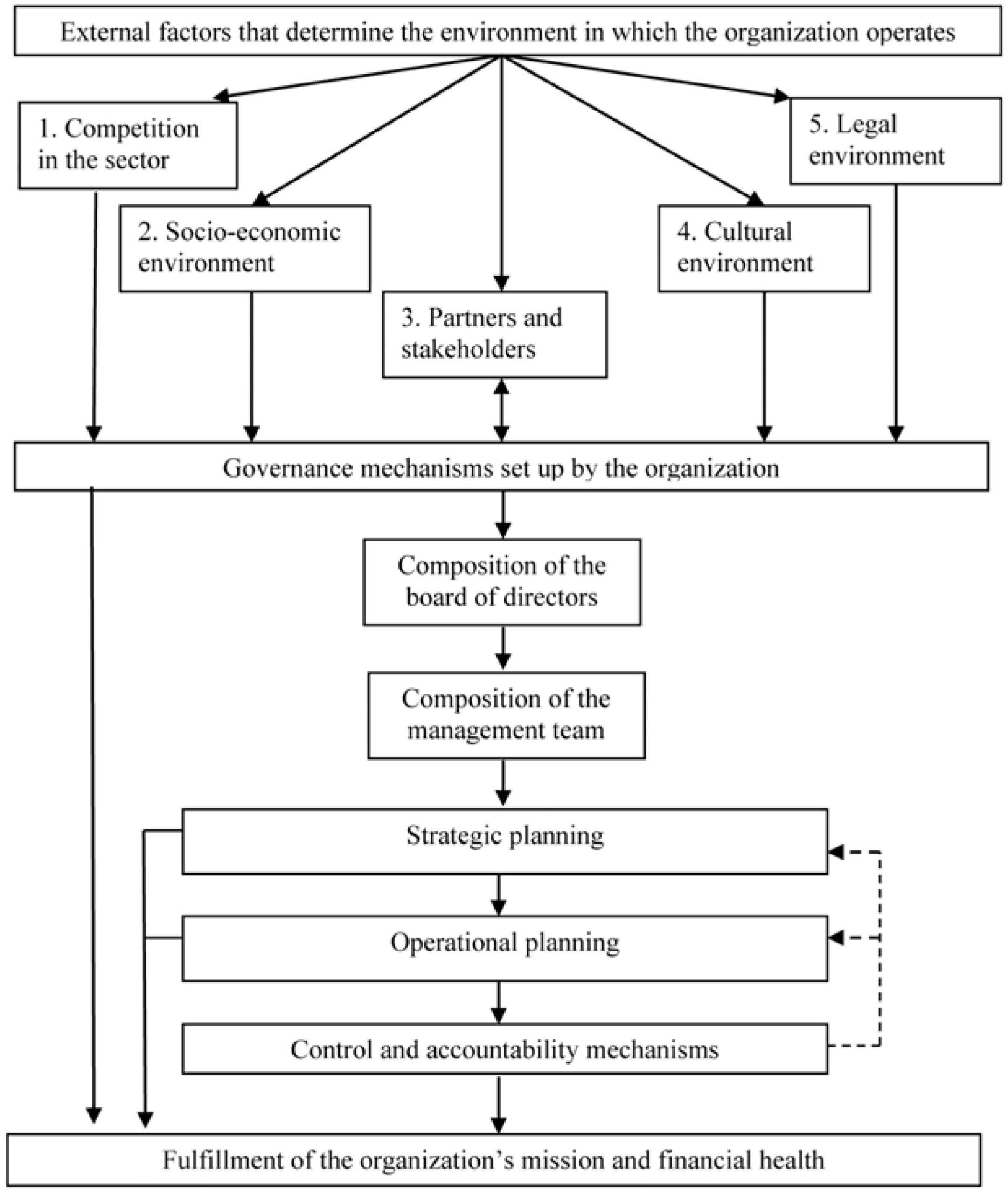Tax season is upon us, and the question on everyone’s mind is: how can we make the most of our tax refund? Well, the good news is that you don’t need to be a financial expert to take advantage of this opportunity. In this article, we will walk you through some simple yet effective ways to maximize your tax refund. From smart savings strategies to savvy investments, we’ve got you covered. So, if you’re ready to make the most of your tax refund, keep reading!
How to Make the Most of Your Tax Refund
Introduction
In this article, we will explore various strategies to make the most of your tax refund. Whether you receive a small or large refund, it’s crucial to optimize your financial situation and make wise decisions with this extra money. By making thoughtful choices, you can utilize your tax refund to improve your financial well-being, pay off debts, save for the future, or invest in opportunities that will bring long-term benefits. So let’s dive in and discover how to maximize the potential of your tax refund.
Assessing Your Financial Situation
Before you decide how to allocate your tax refund, it’s essential to assess your current financial situation. Consider the following aspects:
1. Evaluate Your Debts
- Make a list of all outstanding debts, including credit card balances, student loans, and personal loans.
- Identify any high-interest debts or those with overdue payments.
- Calculate the interest rates and minimum monthly payments for each debt.
2. Analyze Your Savings
- Review your emergency fund and other savings accounts.
- Determine the adequacy of your savings based on your monthly expenses and financial goals.
3. Consider Your Financial Goals
- Think about your short-term and long-term financial goals, such as homeownership, retirement planning, or starting a business.
- Assess how your tax refund can contribute to these goals.
Optimizing Your Tax Refund
1. Paying Off High-Interest Debts
One of the most effective ways to utilize your tax refund is by paying off high-interest debts. By reducing or eliminating these debts, you can save money on interest payments in the long run. Consider the following:
- Create a debt repayment plan, starting with the debts that have the highest interest rates.
- Allocate a portion of your tax refund to pay off these debts or make substantial payments towards them.
- Contact your creditors to explore options for negotiating lower interest rates or settling outstanding debts.
2. Boosting Your Emergency Fund
Building a robust emergency fund is crucial for financial security. Use your tax refund to strengthen this fund by:
- Calculating your monthly expenses and determining an appropriate target for your emergency fund.
- Allocate a portion of your tax refund to your emergency fund until you reach your desired savings goal.
- Consider opening a high-yield savings account to maximize the growth of your emergency funds.
3. Investing in Retirement
If you have already addressed your high-interest debts and have a sufficient emergency fund, consider investing in your retirement. Here’s how:
- Contribute to your employer-sponsored retirement plan, such as a 401(k) or 403(b), especially if your employer provides matching contributions.
- Open an Individual Retirement Account (IRA) and contribute to either a Traditional IRA or a Roth IRA, depending on your financial circumstances.
- Consult with a financial advisor to understand the various retirement investment options available to you.
4. Investing in Education
Investing in your education or that of your loved ones can have long-term benefits. Consider:
- Setting aside a portion of your tax refund for educational expenses, such as paying off student loans or funding future educational pursuits.
- Exploring tax-advantaged education savings accounts, such as 529 plans, which offer tax advantages for qualified educational expenses.
- Researching scholarships, grants, or other funding options to further reduce the financial burden of education.
5. Homeownership and Real Estate
For those considering homeownership or real estate investments, your tax refund can be a stepping stone. Explore the following options:
- Save your tax refund to use towards a down payment on a home.
- Consider investing in real estate, such as purchasing a rental property or investing in Real Estate Investment Trusts (REITs).
- Research available government programs or incentives for first-time homebuyers.
6. Investing in Yourself and Your Skills
Investing in personal development can greatly enhance your earning potential and open doors to new opportunities. Use your tax refund to:
- Enroll in professional courses or training programs to upgrade your skills.
- Attend conferences or workshops related to your industry to expand your knowledge and network.
- Invest in tools or equipment that can help you excel in your profession or passion.
7. Charitable Contributions
Giving back to your community or supporting causes you believe in can be a meaningful way to invest your tax refund. Consider:
- Identifying charitable organizations aligned with your values and goals.
- Donate a portion of your tax refund to support their mission and make a positive impact.
- Research any potential tax advantages or deductions associated with charitable contributions.
Making the most of your tax refund involves careful consideration of your financial situation and goals. By paying off debts, building an emergency fund, investing in retirement, education, homeownership, personal development, or supporting charitable causes, you can leverage your tax refund to improve your financial well-being and create a brighter future. Remember, the key is to make informed decisions that align with your individual circumstances and priorities. Take this opportunity to set yourself up for long-term financial success.
Ways to Boost Your Tax Refund | Maximize Your Tax Refund
Frequently Asked Questions
Frequently Asked Questions (FAQs)
How can I make the most of my tax refund?
There are several ways you can maximize your tax refund and make the most of it:
What should I do with my tax refund?
Consider the following options for utilizing your tax refund effectively:
Is it better to save or invest my tax refund?
Both saving and investing your tax refund can be beneficial, depending on your financial goals and circumstances:
Should I use my tax refund to pay off debts?
Paying off debts can be a smart move when you receive a tax refund:
Can I use my tax refund for a down payment on a house or car?
Yes, you can consider using your tax refund as a down payment for a house or car:
What are the advantages of contributing to a retirement account with my tax refund?
Contributing to a retirement account using your tax refund has several advantages:
Can I use my tax refund to fund my children’s education?
Using your tax refund to support your children’s education can be a wise financial decision:
Are there any tax-advantaged savings accounts I should consider?
Yes, there are several tax-advantaged savings accounts you can consider utilizing:
Final Thoughts
To make the most of your tax refund, consider some effective strategies. First, prioritize financial goals, such as paying off debt or contributing to savings. Next, consider investing in your future by allocating a portion of your refund towards retirement accounts or educational funds. Additionally, evaluate your current financial situation and use the refund to address any immediate needs, such as home repairs or medical expenses. Lastly, take advantage of any tax credits or deductions that may be available to further maximize your refund. By following these steps, you can ensure that you are making the most of your tax refund.



